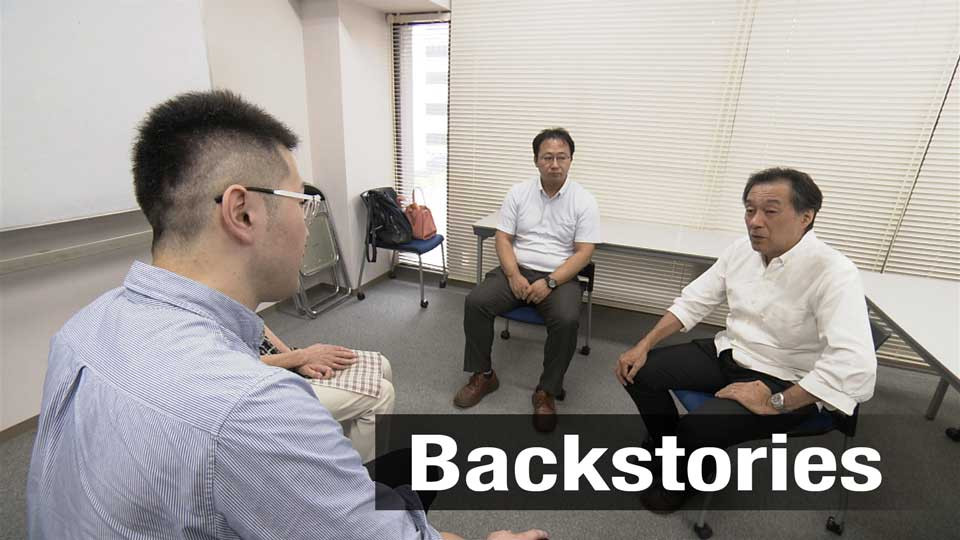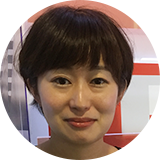New approach reconnects parents with shut-ins
This summer, 100 people attended a seminar in Tokyo to learn about a new and promising technique to reconnect with a reclusive son or daughter.
One of the attendees had a son in his 20s who shuts himself away. She wanted to find a way to get him to open up and talk about his plans for the future. It's a problem experienced by most parents of hikikomori.
The seminar was conducted by Dr. Tamaki Saito, a psychiatrist and a professor at the University of Tsukuba.
He teaches a technique called "Open Dialogue," designed to get hikikomori to talk about their feelings with their families. It was developed in a small hospital in Finland for patients with schizophrenia, but people in Japan are finding it helps with the socially withdrawn.
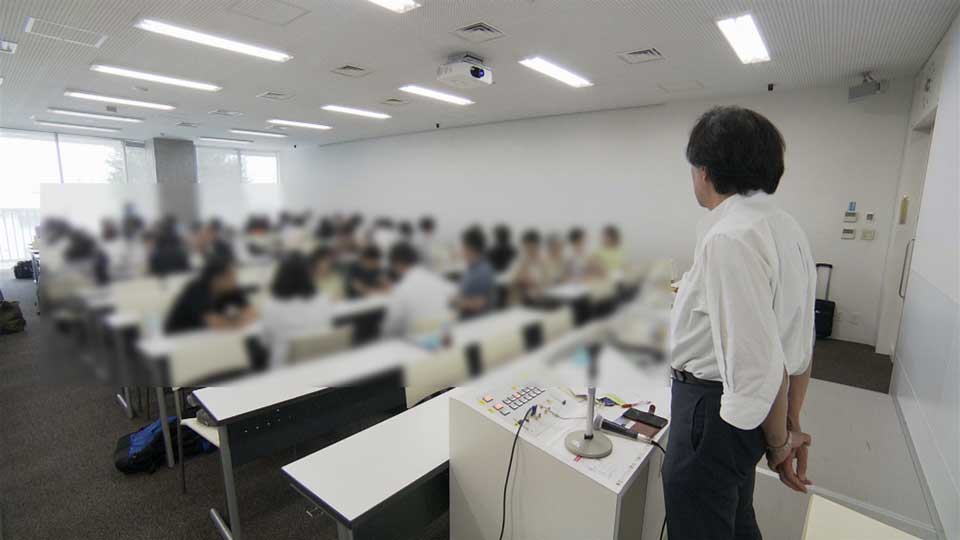
"Most parents ask questions that show they're more interested in easing their own anxiety than in learning how their children feel," says Saito. "They ask, 'When will you leave your room?' or 'Are you planning to get a job?'. The children know their parents really just want to say 'hurry up and get a job.'"
Saito encourages parents to reframe their outlook.
He gets them to role-play, practicing how to have positive conversations, and how to ask about feelings without giving a lecture.
The effectiveness of Open Dialogue -- Naohiro Kimura's case
Naohiro Kimura began to withdraw from society after failing his university entrance exams. For ten years he confined himself to his home.
He says his parents were very critical and put a lot of pressure on him. They would warn him that he would end up homeless, he says, and it only made things worse.
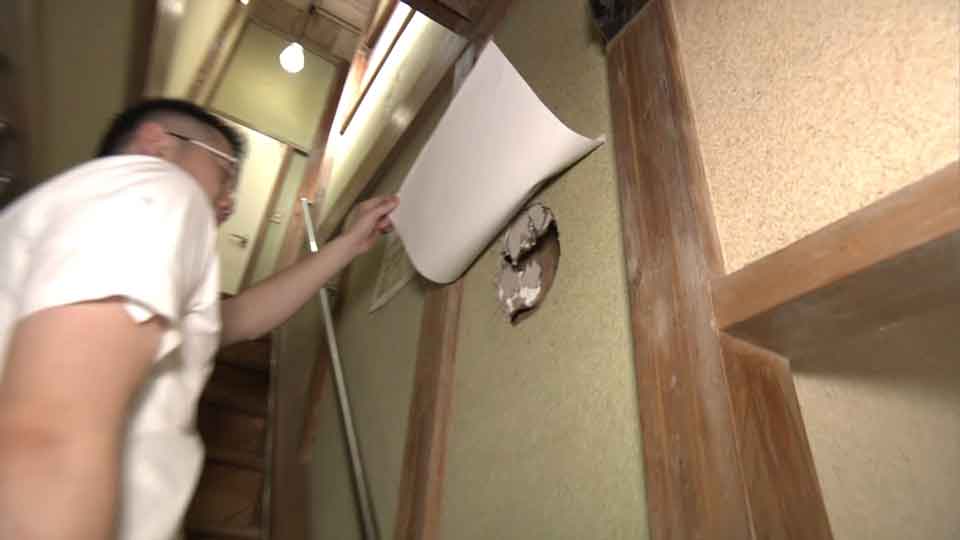
Four years ago, Dr. Saito suggested the family try Open Dialogue treatment. They were skeptical, but Kimura gradually learned how to express his opinions, and eventually gained the courage to rejoin society. He started activities to support other shut-ins and says he now wants to be a human-rights lawyer.
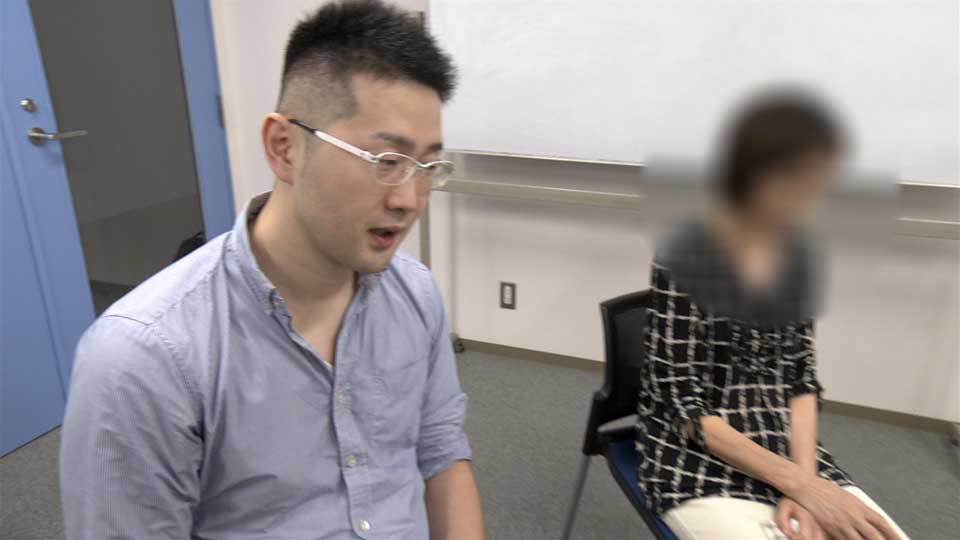
In Dr. Saito's sessions, the family begin by having a conversation. A treatment team then openly discusses what they heard, talking about the family in the third person as they listen in. It's a method they call "reflecting". The idea is that having someone else describe your conversation objectively helps clarify your thinking and teaches you better ways to communicate.
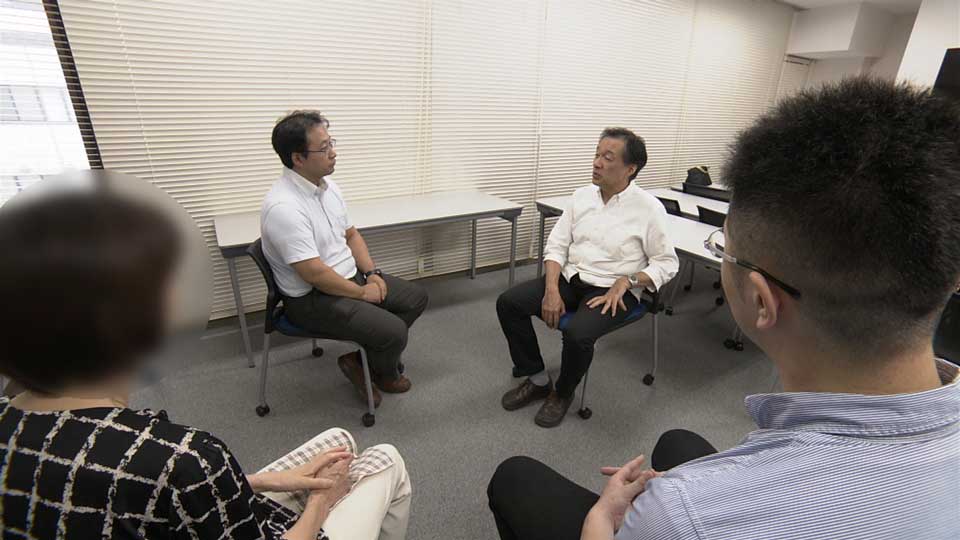
The Kimura family has been slowly rebuilding their relationship through Open Dialogue therapy. "There's been a big gap between us," says Kimura's mother. "Little by little, that gap is shrinking. I'm coming to understand what Naohiro is concerned about."
Kimura says the therapy helped his parents listen to him without judging him or ordering him around.
How to make open dialogue effective
Dr. Saito says the key to dialogue with hikikomori is to hold the conversation on an equal footing. "Persuasion, debate, interrogation, and criticism are all off-limits," he says. "Those are all associated with monologues that have fixed outcomes, rather than meaningful interaction. What hikikomori lack most is interaction. Human beings are social animals, so contact with other people is essential for self-esteem."
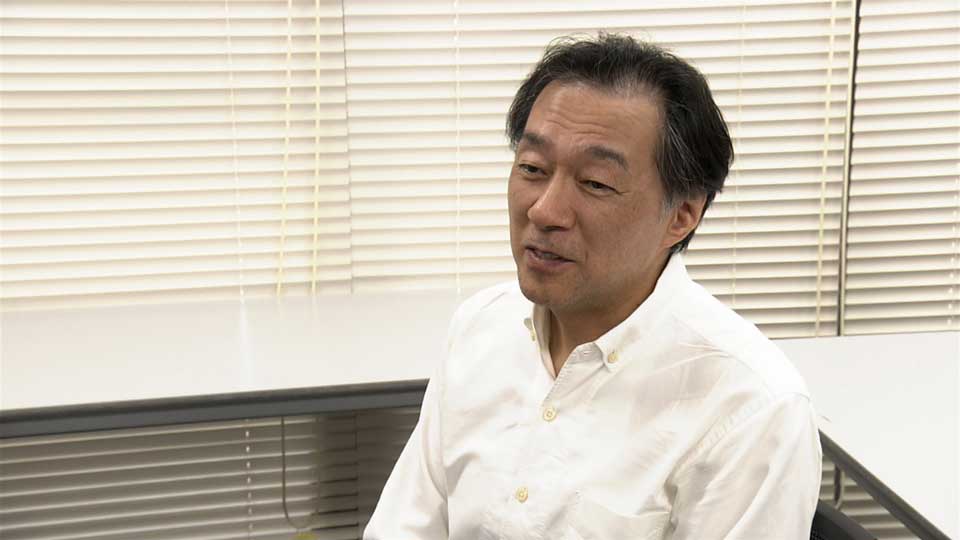
"One problem we have at the moment is so-called "support groups" that are actually quite abusive," says Saito. "They try to drag hikikomori out of their homes, and force them to work, at the request of their parents. This approach is very harmful. Treatment and support are not things to force upon people. It’s important to have a team of professionals involved in the recovery process."
